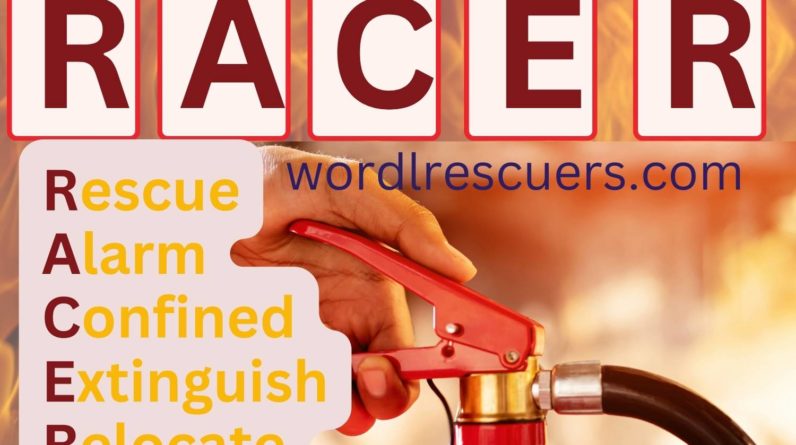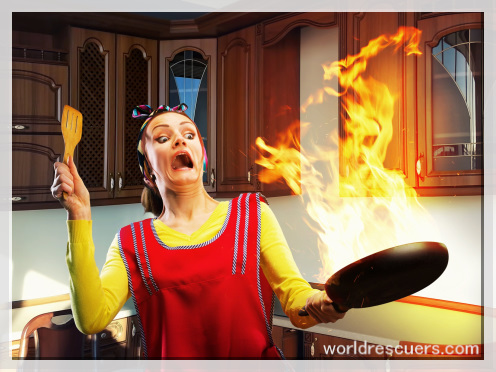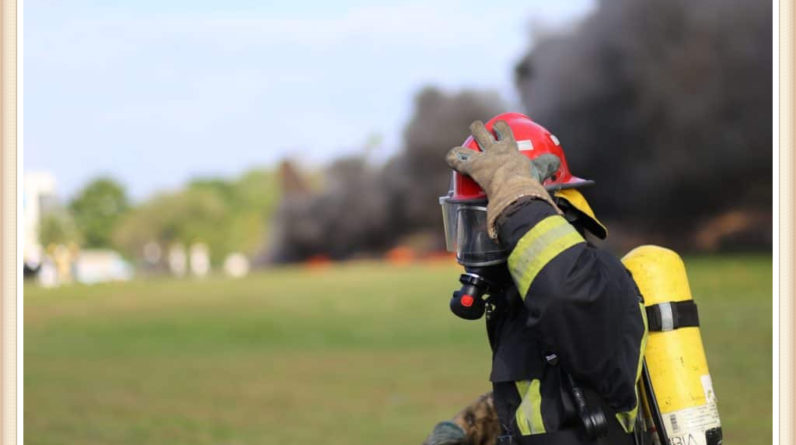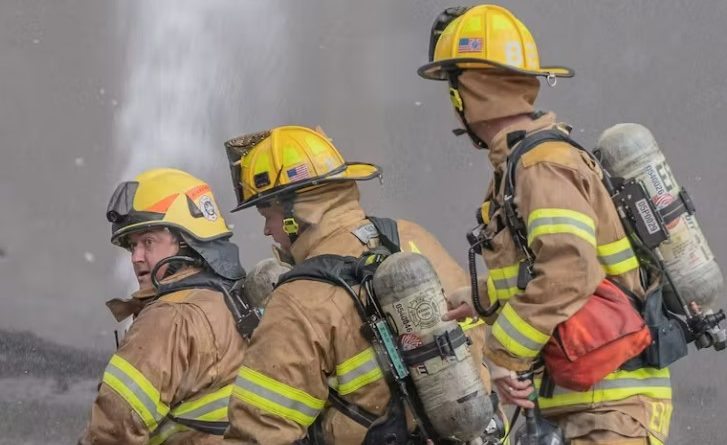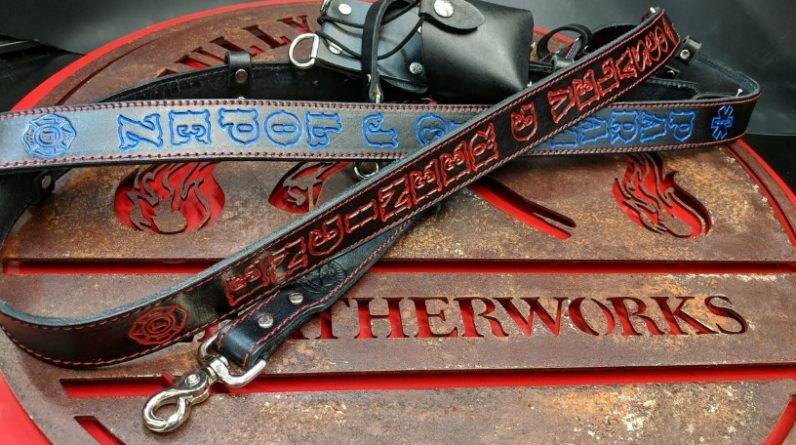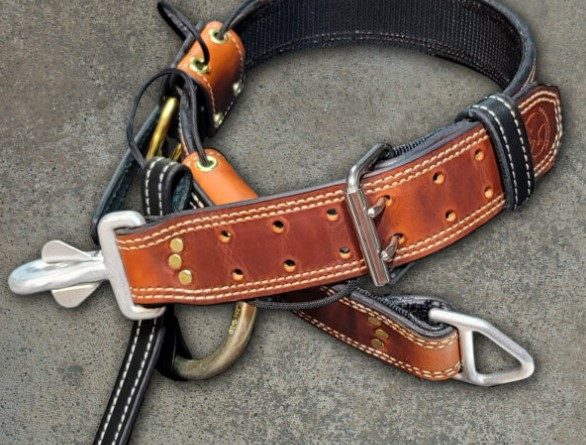
What Exactly is a Dry Chemical Fire Extinguisher?

A fire extinguisher uses a dry chemical to fight the flame/fire.
The dry chemical powder is usually stored in a pressurized container. The fine powder sprayed on the fire in the form of a stream of fine powder. The chemical name used in a dry chemical fire extinguisher is sodium bicarbonate and potassium bicarbonate. The stored pressure force in the cylinder pushes the substance outwards to the seat of fire where it will smother and break up the chain reaction.
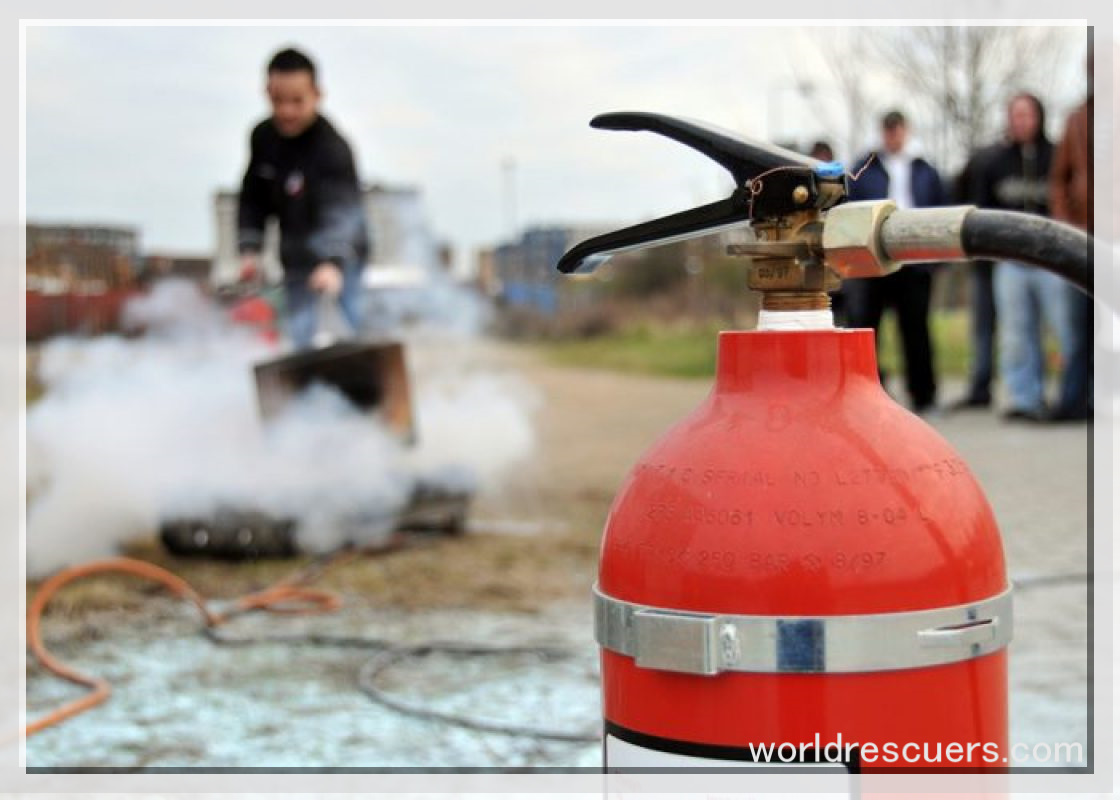
How Dry Chemicals are Manufactured and How It Works?
This section provides information on the manufacturing process of Dry Chemical Fire Extinguishers and how they function in an emergency situation.
Dry chemical fire extinguishers are pressurized cylinders that hold a fire-fighting agent/substance. Usually, mono ammonium phosphate or potassium bicarbonate is used to fill or manufacture these types of fire extinguishers.
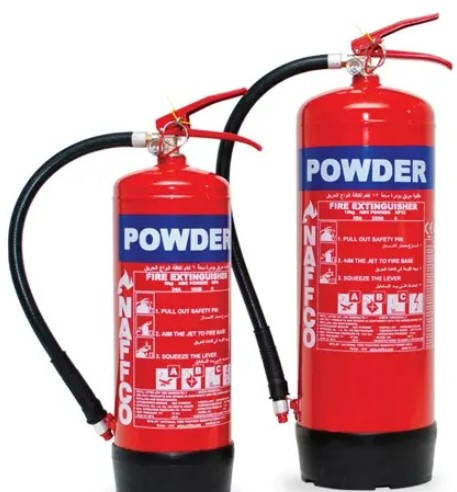
They are typically white text in color, with blue stripes in the background of text at the top, for easy identification.
How to Choose the Best Type of Dry Chemical Fire Extinguisher for Your Home or Business
Buying fire safety equipment is a difficult task, but with the right knowledge, it can be done without any difficulty. In this piece of writing, we will learn how to choose the best type of fire extinguisher for your home or business facility.
There are three main types of fire extinguishers on the basis of extinguishing material: water, dry chemical, and CO2. Each type has its own pros and cons depending on the environment in which it is used.
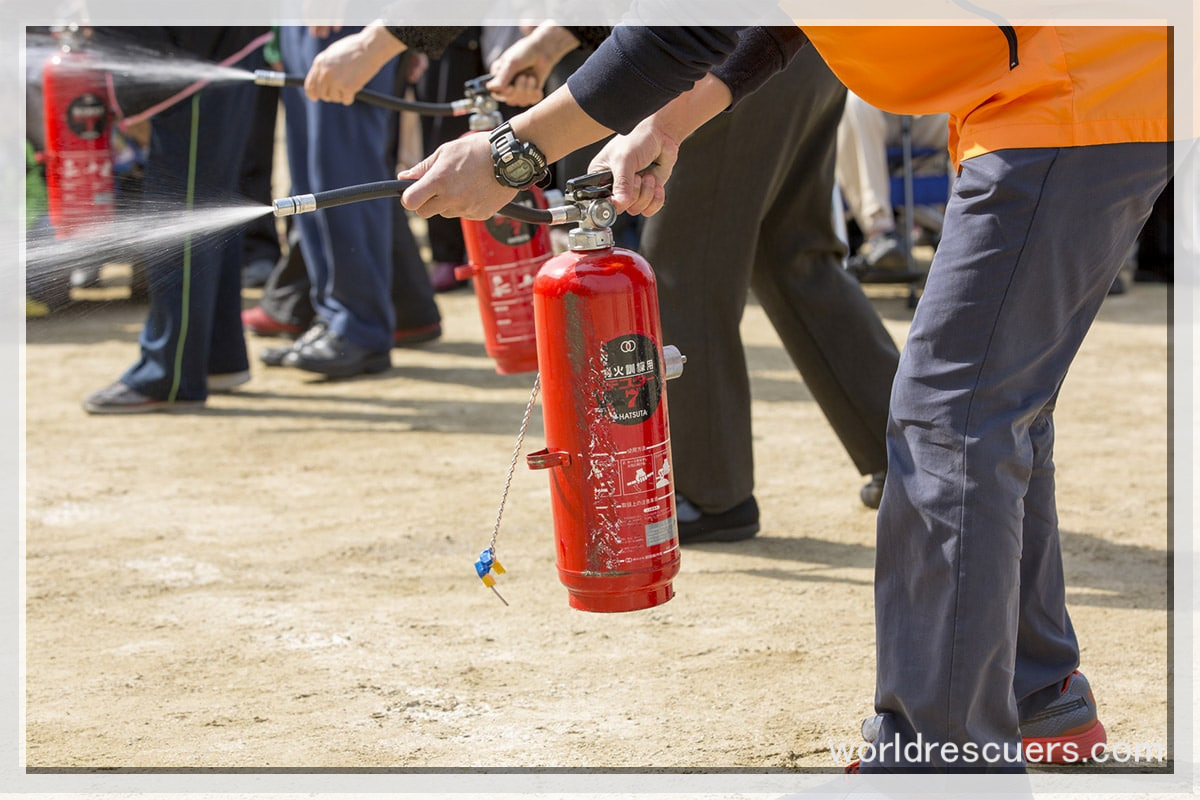
Water is good for putting out class A fires involving solids such as Wood or paper Fire. Water does not work on certain classes of fires, such as C-Electrical and D-Combustible metals, class of Fires.
For these classes of fire, Dry chemical fire extinguishers are an excellent choice. The main working principle of these fire extinguishers is the same they cause oxygen deficiency in the environment- Smothering. In the case of Water-type fire extinguishers, the main principle is a cooling effect rather than smothering. Therefore, Dry Chemical Fire Extinguishers are the most suitable type of fire extinguishers as these are multipurpose.
How To Properly Use a Dry Chemical Fire Extinguisher
A dry chemical fire extinguisher is for extinguishing those fires originating from solid, liquid, or gaseous fuel or by Electrical source. In case of a fire emergency, use the Race Fire Extinguisher acronym and use the following steps as well:
- Turn off sources of ignition
- Use the right type of fire extinguisher
- Aim the nozzle at the base of the flames while using Fire Extinguisher
- Do remember the PASS formula all the time
What Are the Different Types of Dry Chemical Fires That You Should Be Familiar With?
It is important to know the different types of Fires that an individual can face. Dry chemical fires are a staple in most firefighting arsenals. The Dry Chemical Fire Extinguishers are specifically for C class of fires. Extinguishing fires is a relatively an easy task than C-class fire fighting. It is the responsibility of the operator of the Fire extinguisher to select and use the appropriate type of fire extinguisher. The following chart reflects the types of fires along with the appropriate type of Extinguisher to extinguish them.
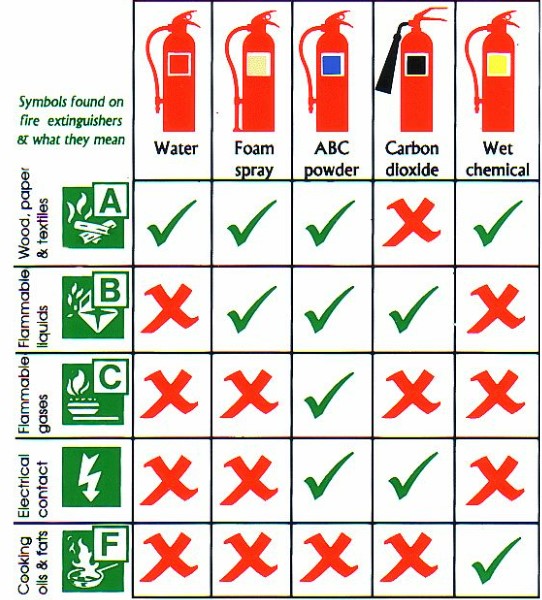
It is essential for every household and employee of any workplace to have at least one dry chemical fire extinguisher on hand just in case problems arise.
Caution
While dry chemical fire extinguishers are effective for firefighting, but is also important to note that using these leaves a residue that could be difficult to clean. Therefore, the right and appropriate use of these extinguishers is necessary to get the required results. Whether you are a professional Firefighter or a volunteer, do remember to use Race in Fire incidents.
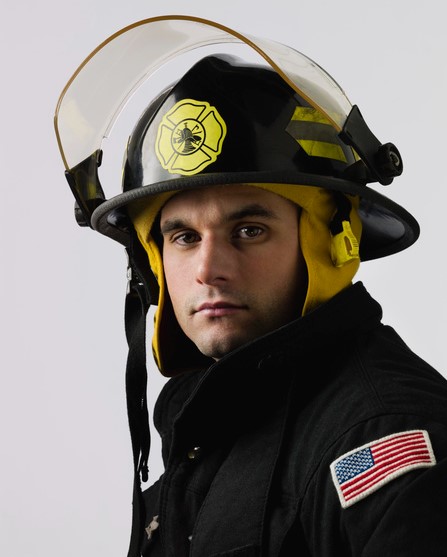
Hi, I am John Smit a Captain in Fire Department City of Newyork with over years of experience in the field of Firefighting and HSE. My passion for fire safety started when I was a young boy and witnessed a neighbor’s house go up in flames along with precious lives. Since then, I had dedicated my life to ensuring the safety of buildings, properties, and individuals in case of a fire and medical emergencies.

